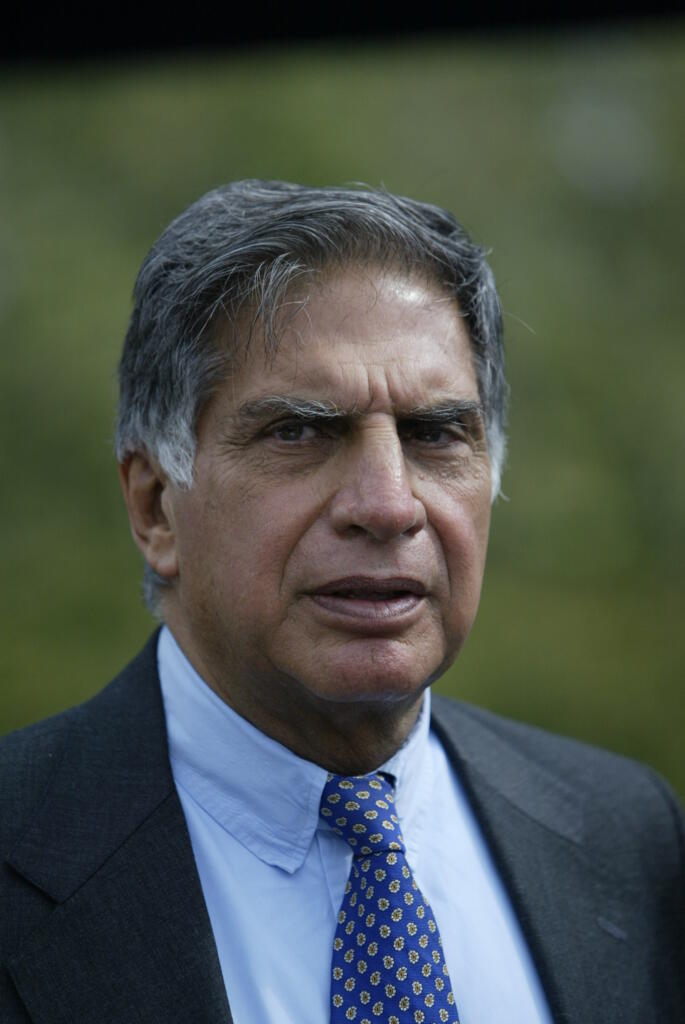9th of October turns out to be a sad day for India since India’s leading industrialist and former chairman of the Tata Group, passed away on the night of 9th October 2024 at the Breach Candy Hospital in Mumbai. He was 86. He will always be remembered for his contribution, patriotism and spirit of social service. However, after his death, the discussion about his funeral is gaining momentum. Questions are being raised on whether Ratan Tata’s last rites will be performed according to traditional Parsi Dokhmenashini method or Hindu rituals.
What is the tradition of the Parsi community?
The Parsi community, called followers of Zoroastrianism, in which the Dokhmenashini tradition of funeral rites is considered important. According to this tradition, the body of the deceased is offered to the vultures. This tradition is carried out in a circular structure called “Dokhama,” which is called the “Tower of Silence.” The main purpose of keeping the corpse in the Dhokma is to hand over the body to nature, thereby maintaining the purity of soil, water and air.
According to Zoroastrian belief, death defiles the body and burning or burying it defiles the land or air. Therefore, the carcass is handed over to the vultures, so that they can eat it and the body completely merges into the natural elements. Dokhmenashini is considered an important ritual in Zoroastrianism. According to sources, the Dokhmenashini tradition will not be followed at Ratan Tata’s funeral. His body will be brought to the Parsi cremation ground in Worli and kept at the Prayer Hall. It will be about 45 minutes. ‘Geh-Sarnu ‘will be read in Parsi style in the Prayer Hall. Then the first chapter of ‘Ahanaveeti’ will be read by placing a piece of cloth on his mouth. There is a peace prayer. After this process is completed, Ratan Tata’s body will be placed in the electric crematorium and the funeral process will be completed.
Changes in the Parsi Community customs
The Parsi community has made some changes in their traditional customs in the last few decades. Traditions like Dokhmenashini are no longer being followed everywhere and by every family. Some Parsi families are now even opting for burning or burying the bodies, though this is against the traditional Dokhmenashini tradition. But with changing times, it is seen that many communities are adopting new ways in their customs.
